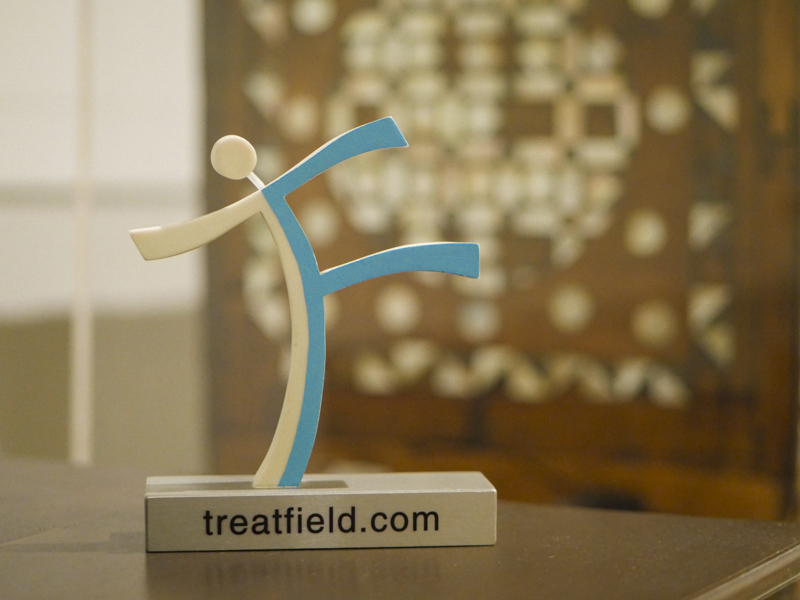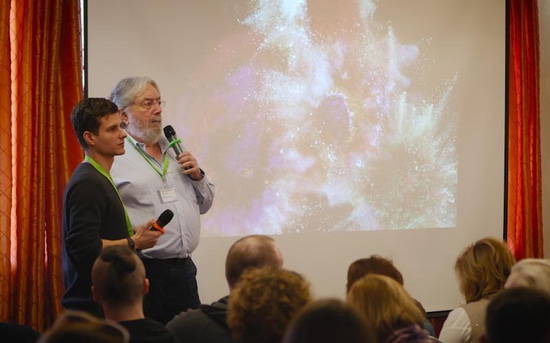What psychological techniques can be applied if news (for example, news about a tragedy in another city or the death of a public figure) unexpectedly "knocks you off your feet"? How can you help yourself cope with the emotional storm?
First aid VS resilience
The first thing I want to say is that there is a system of psychological "first aid," and there is a system for systematically building your resilience. And it is important to know and implement both systems into your life.
Why I'm starting with this is because there are countless wonderful and effective ways to stabilize (that is, in fact, first aid for your psyche in difficult situations). But I quite often see disappointed reviews: "your drinking water in sips by the square* does not help at all!"
(*this is a sarcastic reference to two stabilization techniques - slow drinking of water in small sips and "square" breathing)
Why doesn't it help? Because we can confuse situations where a quick and relatively simple crisis intervention is needed with situations where we need more systemic work. I am writing this text in February, which means it will soon be the 3rd anniversary of the full-scale war. This is three years of daily mental exhaustion. Three years of constant stress. The news is regularly terrible. And a chronically exhausted psyche reacts more acutely to anything. An accumulative effect occurs, stresses collect into a "snowball" that layers and grows. Therefore, once again, it is important to take care of your emotional state regularly. What does this mean?
Daily self-support system
Basic things: enough sleep, proper nutrition, adequate physical activity, a suitable daily routine, proper rest, "unloading" days from information and news (days of silence, information detox), adequate medical care (treatment of acute and chronic conditions, both somatic and mental), communication with safe and supportive people. Such a system is not created in one day, and of course, the war constantly disrupts it, so the garden metaphor is appropriate here: your task is to nurture the garden of your physical and mental health, to work on it little by little, but every day, maybe not perfectly, but more or less regularly - and this will definitely bear fruit in the form of an increased level of endurance and resistance to the chaos of war that constantly attacks us.
"Batten down the hatches"
What to do in the moment when some unexpected information has a destructive effect? It feels like something has collapsed inside, it's impossible to do things, and you have to "pull yourself together" again. Sometimes such an effect is created by public discussions on certain trigger topics.
First - stop the destructive factor, that is, stop viewing the content (decide in advance how much time I will devote to this event).
"...After the attacks on the World Trade Center on September 11, the following dependency was determined: the more times people saw the picture of the towers falling on television, the more severe trauma they had over the years."
- On days of great tragedies, be purposefully vigilant for informational and emotional funnels and keep in focus that this is dangerous and harmful (=> the circle of victims expands to include emotionally affected people, and this only benefits the enemy).
- Constantly remember the vulnerability of the psyche to social networks.
- Monitor the level of fatigue and, if possible, rest and replenish yourself in some way.
Compulsive viewing of videos and photos from the scene of tragic events harms mental, and with it, physical health.
Witness trauma can very seriously affect well-being in the long term; sometimes it is no less severe than the trauma of a direct participant.
For many of us, it is important to show our involvement, respect, and compassion for the victims. Knowing what is happening, spreading information for a foreign audience, donating, or in some other way getting involved in support and help - this is important.
But there is a line between compassion with productive support and self-harm.
I think everyone is able to feel this line for themselves if they stop and honestly answer themselves - am I doing something important for myself and others right now, or am I already tormenting myself?
The trouble is that viewing difficult, traumatic content "drags" into a destructive funnel on many levels, and it is really difficult to resist this.

First aid: stabilization techniques
Note: there are a lot of these techniques, your task is to try them and choose the ones that suit you and work for you.
Another note: any technique works better if you practice it for some time. Then a connection is formed "I do this - I feel better." Therefore, if the technique does not work immediately, give it a chance, try a few times (unless there is a rejection, you should not force yourself).
1. Bodily reaction, grounding, care (here it is important to listen to what the body wants right now and literally trust your bodily process, because this is the physical release of excessive emotions).
Important: if in the process you feel that time has already passed, and you are not calming down, but on the contrary "winding up," you need to stop and do something else for self-support.
- Shake (if your hands or feet are shaking - intentionally increase this shaking and shake your whole body).
- "Clap" with your hand all around your body.
- Any movement that the body intuitively wants (in some situations you want to curl up in a ball, in others - hit pillows with your hands and feet and scream). Sometimes, if the psyche is overwhelmed and you cannot calm down, any pleasant physical movement to the point of good bodily fatigue is useful (strength or cardio training, intense dancing, jumping, running).
- Butterfly hugs or other types of bilateral stimulation.
- Tapping.
- Warm up, make it cozy (dress warmer, make a warm drink).
- Cool down - if you are "burning" with emotions (take a shower, wash your face with cold water, wash your face with an ice cube, crumple a bag from the freezer).
2. Breathing techniques
- Long exhales (the reason why smoking calms people down).
- "Square" breathing.
- If there are no contraindications - techniques with breath-holding (they perfectly activate the parasympathetic nervous system)
3. Creative reaction.
4. Self-reflection and establishing semantic connections.
In general, the logic of first emotional self-help:
- Naming your emotions and validating them.
- Regain your agency.








